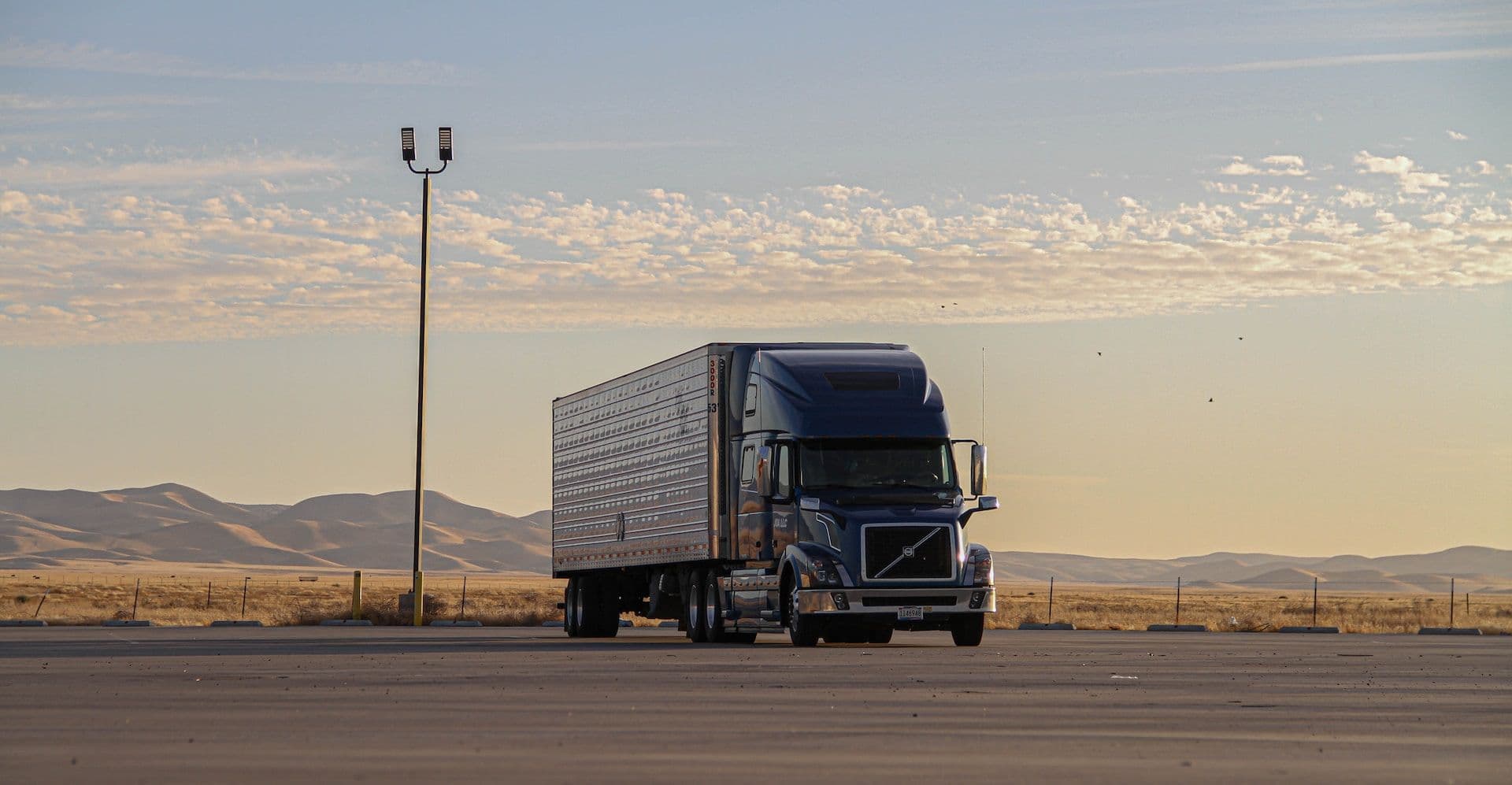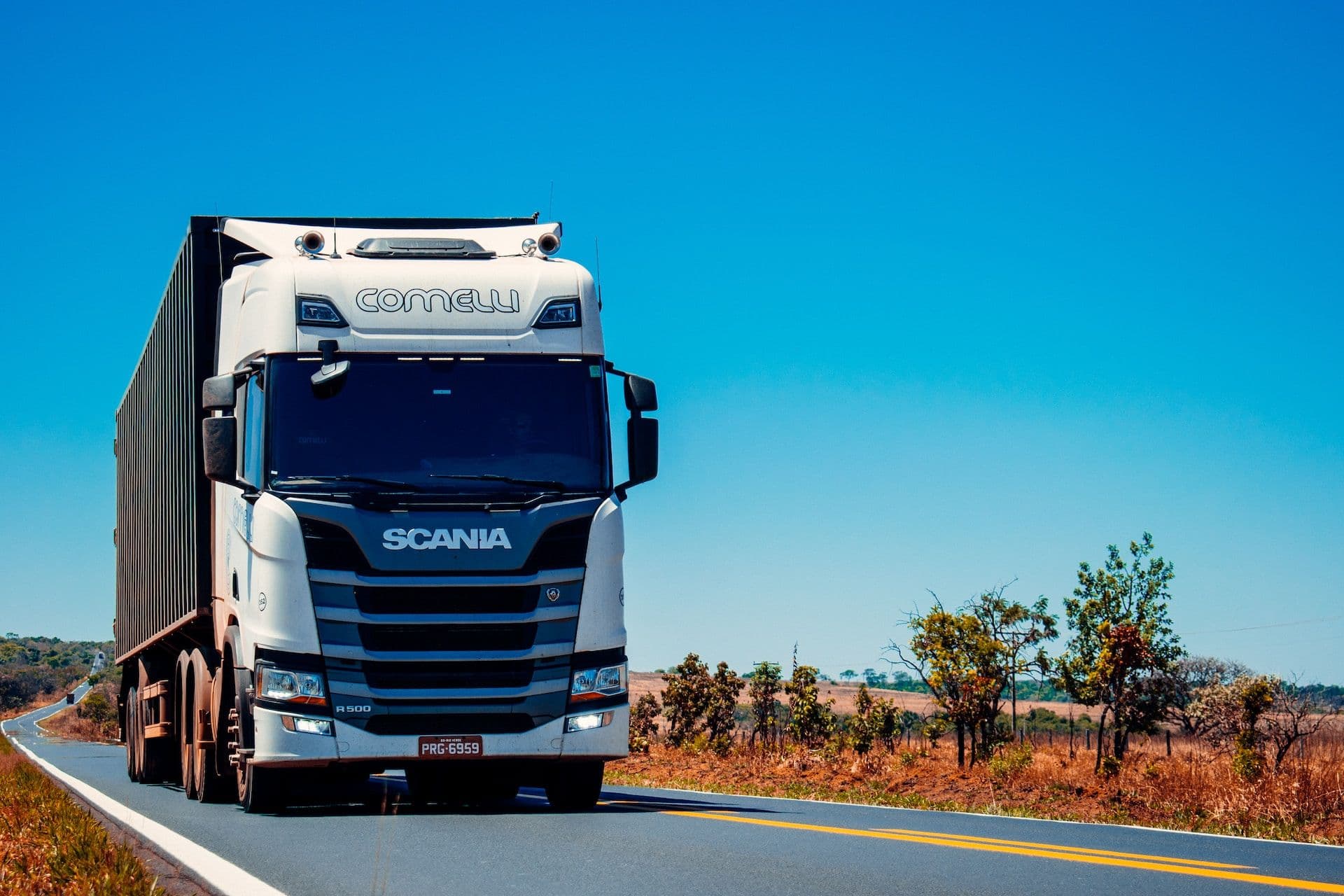Borderlands: Navigating the Challenges of Cross-Border Trade
Borderlands is a weekly rundown of developments in the world of United States-Mexico cross-border trucking and trade. This week: Cartels pose a barrier to growing cross-border trade, expert says; Tesla plans to build a massive battery plant in Texas; a logistics firm opens a second supply chain facility in Austin, Texas; and authorities seize $4M in drugs hidden among blueberry shipments.
Cartels: A Barrier to Growing Cross-Border Trade
An international trade expert sees promise in Mexico’s approach to enhancing trade but highlights organized crime as a significant obstacle.
On January 13, Mexican President Claudia Sheinbaum unveiled Plan Mexico, an ambitious initiative aimed at lifting her country from 12th place to among the top 10 economies globally. The plan includes a formidable $277 billion investment portfolio targeting sectors such as automotive, pharmaceutical, aerospace, agribusiness, electromobility, and textiles.
This initiative aims to increase Mexico’s share in global exports to 15%, quicken investment project approvals from 2.6 years to one year, and strengthen the United States-Mexico-Canada Agreement to bolster North America’s competitiveness against China.
Jorge Gonzalez Henrichsen, co-CEO of The Nearshore Co., commended the plan as a positive step for North American trade but criticized its oversight of Mexico’s organized crime situation.
“Plan Mexico has positive initiatives, good initiatives. I’m glad that the government is looking at this, but some questions are how it is going to be executed,” Henrichsen explained. “One thing that I was surprised that the Mexico plan does not talk about, or at least it doesn’t seem to be addressing, is the cartel issue, which is really the elephant in the room.”
Located in Brownsville, Texas, The Nearshore Co. aids companies in setting up shelter operations in Mexico. Henrichsen emphasized the need to address not only the initiatives in Plan Mexico but also the cartel situation to ensure nearshoring success across decades.
![]() Mexico recently began using members of its Army at the border crossing in Laredo, Texas, to inspect cargo trucks and passenger vehicles before they enter the United States. (Photo: Jim Allen/FreightWaves)
Mexico recently began using members of its Army at the border crossing in Laredo, Texas, to inspect cargo trucks and passenger vehicles before they enter the United States. (Photo: Jim Allen/FreightWaves)
Efforts to curb organized crime include past cooperation between the U.S. and Mexico through the Mérida Initiative, which established a counternarcotics cooperation framework providing Mexico with roughly $400 million annually in aid. Despite these efforts, challenges persist, intensifying U.S.-Mexico negotiations.
In recent weeks, Mexican authorities have increased measures to control illegal border crossings and curb organized crime, deploying Army personnel at border crossings in Laredo and Pharr, Texas, to inspect cargo trucks and passenger vehicles.
Henrichsen suggested that addressing the organized crime issue within Mexico could amplify foreign investment opportunities across North America. The reorganization of supply chains in response to global uncertainties already indicates growing interest in Mexico from international companies.
Related Developments
Tesla’s Massive Battery Plant in Texas
Tesla plans to build a battery factory and storage facility near Houston, Texas. The new facility, to be located at Empire West industrial park, will manufacture megapack batteries and large-scale energy systems to support renewable projects.
Logistics Firm Expands in Austin, Texas
RK Logistics Group has opened a second facility in Austin to provide supply chain solutions for semiconductor, automotive, and lithium-ion battery industries, supporting demand for high-tech logistics.
Drug Seizure in Texas
Authorities in South Texas seized roughly 1,500 pounds of methamphetamine hidden in shipments of blueberries from Mexico, illustrating ongoing challenges with cross-border drug trafficking.
For more insights on cross-border trade dynamics and logistics innovations, explore our Help Center or visit Shop for more solutions.

